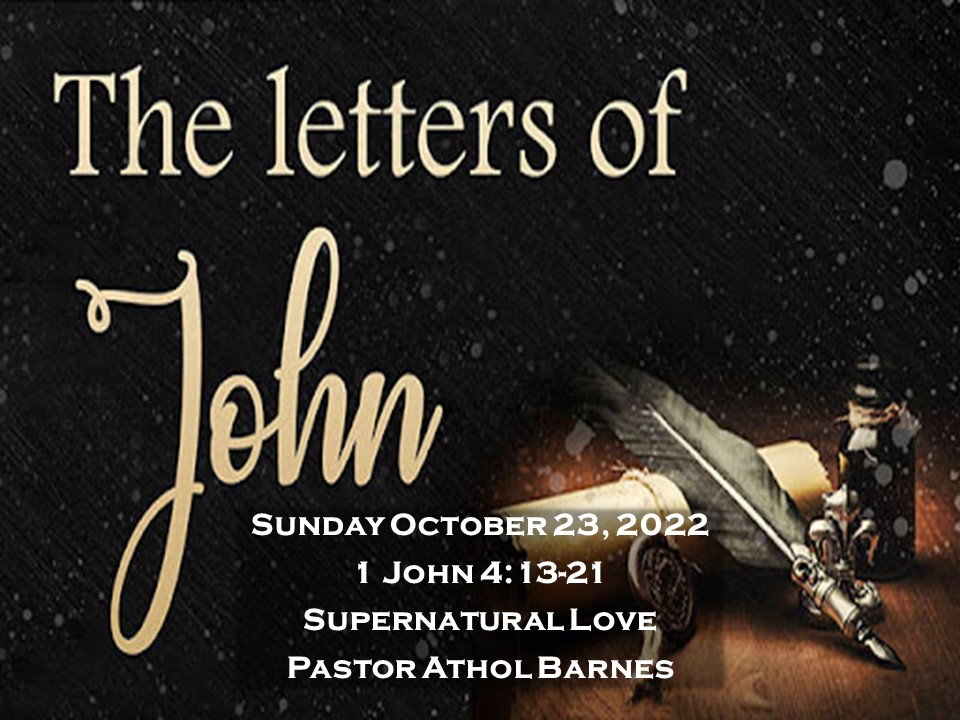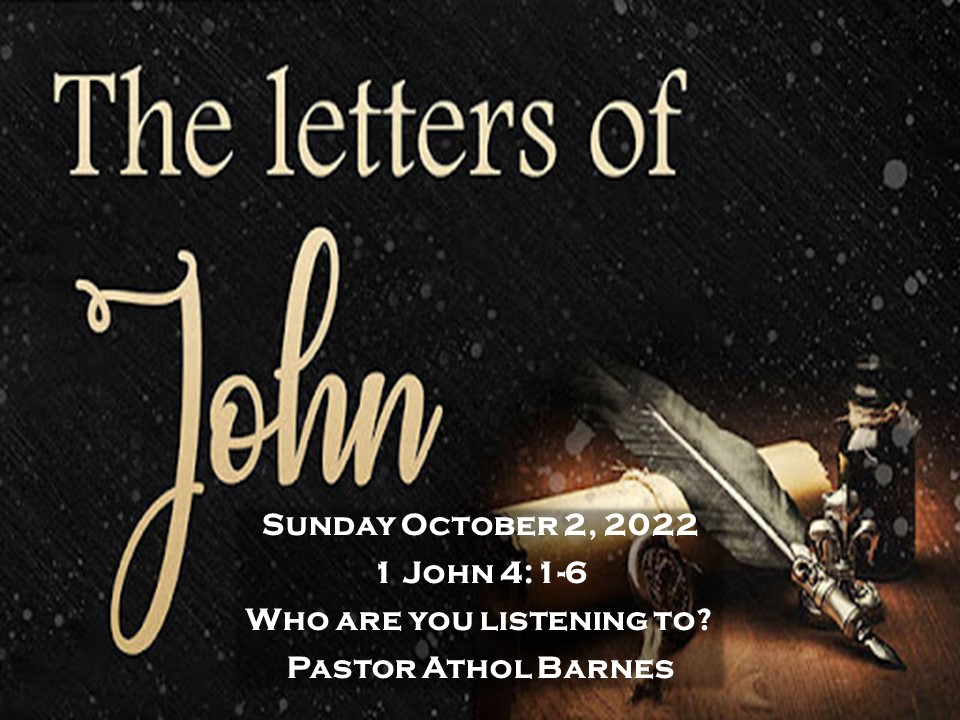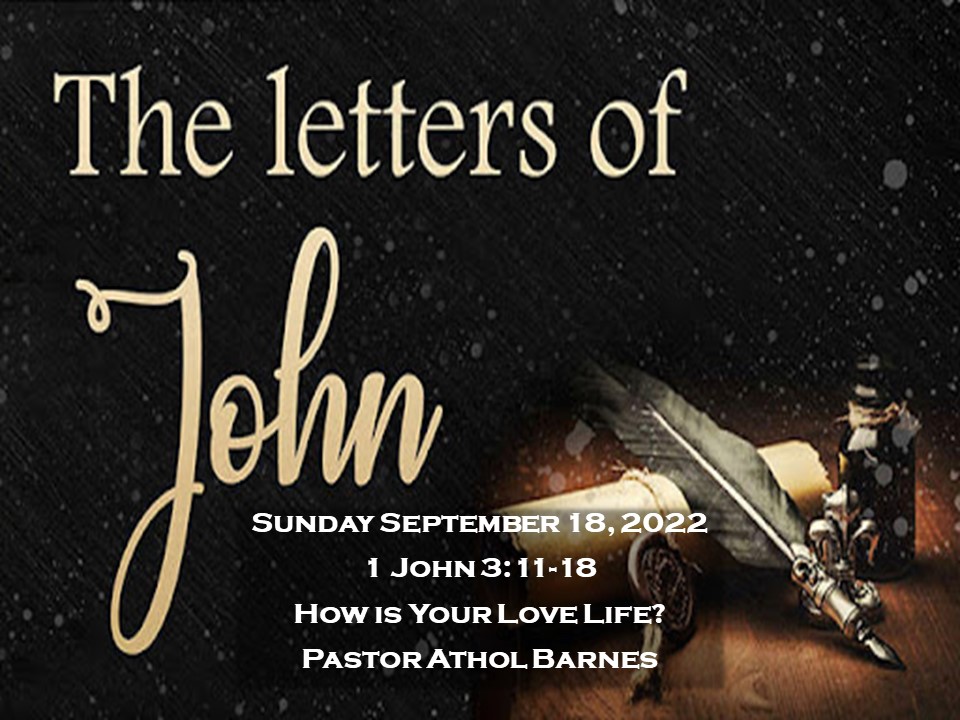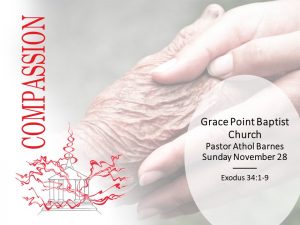
Last December, I was invited to join a ministry called Team Xtreme International, on an outreach to South Africa. I prayed about it and felt the Lord leading me to go. Little did I know how significant it would be.
We were primarily proclaiming the Gospel in a city of 2.4 million people called Khayelitsha, which is on the outskirts of Cape Town. It is an area that has suffered from unimaginably high unemployment rates and crime. The name Khayelitsha means, “New Home” in Xhosa and was established about 40 years ago during the height of Apartheid.
Many people warned us not to go into Khayelitsha and even locals told us to leave because they were afraid for our safety. But the Lord had His angels protecting us every day.
We spent most mornings touring schools and ministering during their assemblies. We also did after school programs and evening ministry from a truck bed stage.
The school assemblies were the most effective ministry. As we shared the Gospel, 90% of children responded. We were able to spend time praying with students and pointing them to freedom in Christ. It is hard to put into words the amount of pain that these children experience, including sexual abuse, violence, absent parents and rampant drug use.
For me this outreach was probably the most impactful of my life. I wrestled with feelings of shame and guilt from the years of apartheid and feeling that I did not have a right to speak in my own country.
The words of Jesus about a prophet not being welcomed in his own hometown rang in my ears (Matthew 13:57). But the Lord redeemed that and set me free as a wife of one of the pastors we served with, welcomed me, and released me of the burden of guilt. She reminded me that it has been thirty years and that I should stop carrying an unnecessary burden. After that I felt tremendous freedom to declare the hope of the Gospel to the people of Khayelitsha.
In the course of the 18 days of ministry and working with other organizations, over 23,000 people heard the Gospel and almost 18,000 responded to the message. In addition to the proclamation, partner churches were connected, and many discipleship groups are already under way. God moved powerfully and we saw many miraculous healings and powerful conversion encounters.
One school was even shut down for the day after the time of ministry because all the students were so impacted that they couldn’t get back to their work.
But what about us? These are amazing stories, but we need the power of the Gospel in our schools and streets in America.
In Matthew 10, Jesus called his twelve disciples and then sends them out on a mission trip. He throws them into the deep end and warns them that they will experience persecution as they go out and proclaim the kingdom.
Jesus sent his disciples out as his witnesses, witnesses of himself. They were the forerunners in missions, going and telling others about Jesus and the Kingdom of Heaven.
We know from the Great Commission in Matthew 28, that Jesus sent all his followers to go and be his witnesses, ambassadors.
The disciples were ordinary men, tradesmen, humble and broken, but Jesus gave them authority and sent them out.
The Bible doesn’t tell us how long they went for, it was probably a short-term campaign. In Luke 9 verse 10 we read that they returned and reported back to Jesus all that had happened.
Now it is true, that the message they carried and the message that we have today is different. Jesus hadn’t gone to the cross or risen from the dead. The victory and the power of the cross hadn’t been accomplished yet.
We have a different and far more glorious message; our message is far more powerful.
In one of the school assemblies I noticed the kids not paying attention, so I said to them, “what I am about to tell you is the most important thing you will ever hear in your life.” That got their attention. Do you believe that? It will be reflected in how much we are willing to be obedient to the Great Commission.
If you read Matthew 10 carefully it is clear that Jesus is speaking to his disciples, but he is also speaking to all future ambassadors for the Gospel. He is speaking to us and to future generations of believers.
In fact, the language Jesus is using seems to parallel what he says later, on the mount of olives in Matthew 24 about the coming persecution before his return. In our current age, the emphasis on “fear not” in verse 26 onwards is particularly helpful.
We are surrounded by people telling us what we can and cannot say in the public square.
The principle of one of the schools we visited had put Bible verses all around the school on the pillars and notice boards – I asked her, if she would get into trouble with the administrators, she said, “probably, but our school needs Jesus”.
Yesterday in our men’s breakfast, we heard several examples of some of our men who boldly stood up for the truth of God’s word in spite of threats. And God was powerful to deliver.
You see, we are all missionaries; some get on a plane, others go to the office or workshop. A missionary is someone sent by the Spirit of God to a particular place, to be an ambassador for Christ. Where you are is your mission field.
Jesus ends his challenge to his disciples in Matthew 10:32-33, “Whoever acknowledges me before others, I will also acknowledge before my Father in heaven. But whoever disowns me before others, I will disown before my Father in heaven.”
Being a Christian is not like being a secret agent in the CIA, it is public, we are called to be bold witnesses (see Romans 10:14).
How are you doing in being an ambassador for Christ?










